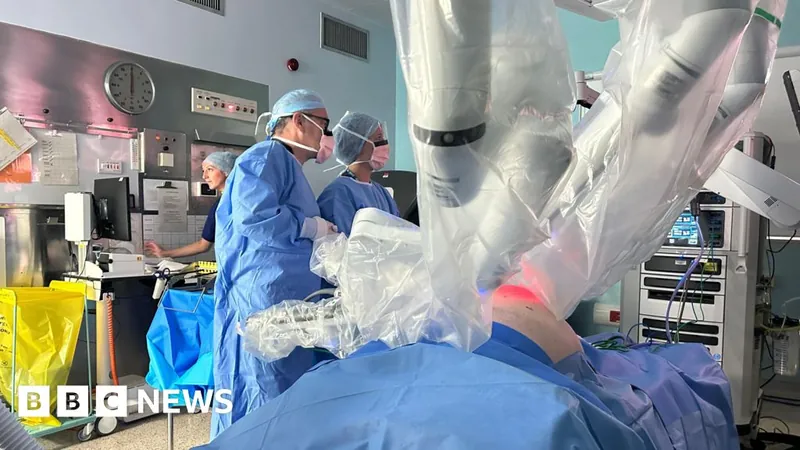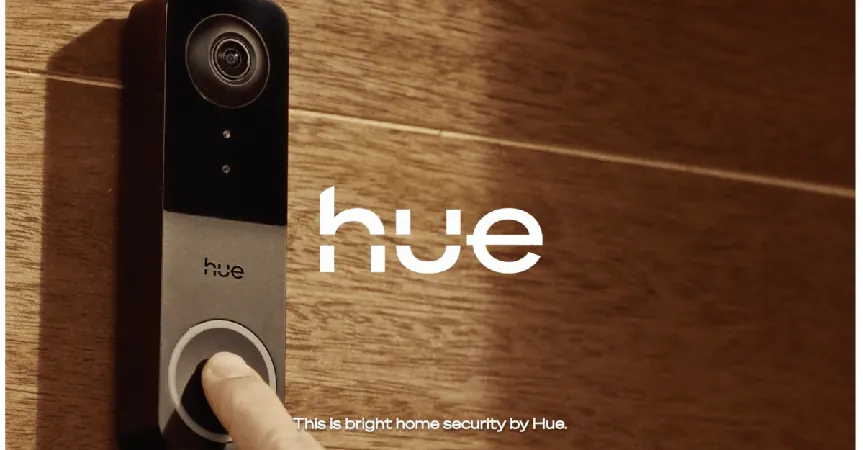
Revolutionary Three-Minute Test Could Spot Alzheimer’s Risk Early
2025-09-02
Author: Noah
Breakthrough Technology Detects Memory Issues Before Diagnosis
Imagine a quick, three-minute brainwave test that could uncover memory problems linked to Alzheimer’s long before traditional diagnoses happen. Recent trials have ignited hope that this innovative method could pinpoint individuals who stand to gain the most from emerging treatments.
The Science Behind the Fastball Test
The Fastball test, developed at the University of Bath, utilizes advanced electroencephalogram (EEG) technology. With small sensors placed on the scalp, it records the brain's electrical activity as subjects view a series of images. This analysis measures automatic brain responses, revealing subtle memory issues.
Dr. George Stothart, a cognitive neuroscientist involved in the research, stated, "Our passive memory measurement tool is specifically designed for Alzheimer's diagnosis and has shown sensitivity in identifying individuals at high risk who haven’t yet received a diagnosis."
Promising Trial Results
In a preliminary study conducted in collaboration with the University of Bristol, the test was administered to 106 participants, including 54 healthy individuals and 52 patients with mild cognitive impairment (MCI). While MCI generally causes mild issues with memory or thinking, the test illuminated critical vulnerabilities, particularly among those with amnestic MCI, who face a much higher likelihood of developing Alzheimer’s.
During the test, participants were shown images and then observed as hundreds of new images flickered on a screen, revealing significant differences in brain responses between those with amnestic MCI and healthy subjects.
A Step Toward Better Alzheimer’s Prevention
While this test isn’t definitive in determining who will develop Alzheimer's, larger-scale trials are on the horizon. If these findings are validated, doctors could use the test to identify high-risk patients primed for treatment with groundbreaking drugs like donanemab and lecanemab.
Home Testing for Accessibility and Comfort
Notably, all tests were conducted in the comfort of participants' homes, a move that may help alleviate anxiety and promote wider access to essential testing, according to Dr. Stothart.
Expert Opinions on Future Applications
Prof. Vladimir Litvak from UCL highlighted this innovation as a promising early step toward a clinically useful assessment tool. He emphasized the need to explore how the test could predict long-term changes in a patient’s condition.
Dr. Julia Dudley from Alzheimer’s Research UK echoed this sentiment, expressing optimism about earlier detection methods. She stated, “New treatments are more effective when administered at earlier disease stages, making early diagnosis crucial.”
However, longer-term studies involving diverse groups are essential to fully understand the test's predictive capabilities and its integration with other diagnostic approaches such as cognitive assessments and blood tests.









 Brasil (PT)
Brasil (PT)
 Canada (EN)
Canada (EN)
 Chile (ES)
Chile (ES)
 Česko (CS)
Česko (CS)
 대한민국 (KO)
대한민국 (KO)
 España (ES)
España (ES)
 France (FR)
France (FR)
 Hong Kong (EN)
Hong Kong (EN)
 Italia (IT)
Italia (IT)
 日本 (JA)
日本 (JA)
 Magyarország (HU)
Magyarország (HU)
 Norge (NO)
Norge (NO)
 Polska (PL)
Polska (PL)
 Schweiz (DE)
Schweiz (DE)
 Singapore (EN)
Singapore (EN)
 Sverige (SV)
Sverige (SV)
 Suomi (FI)
Suomi (FI)
 Türkiye (TR)
Türkiye (TR)
 الإمارات العربية المتحدة (AR)
الإمارات العربية المتحدة (AR)